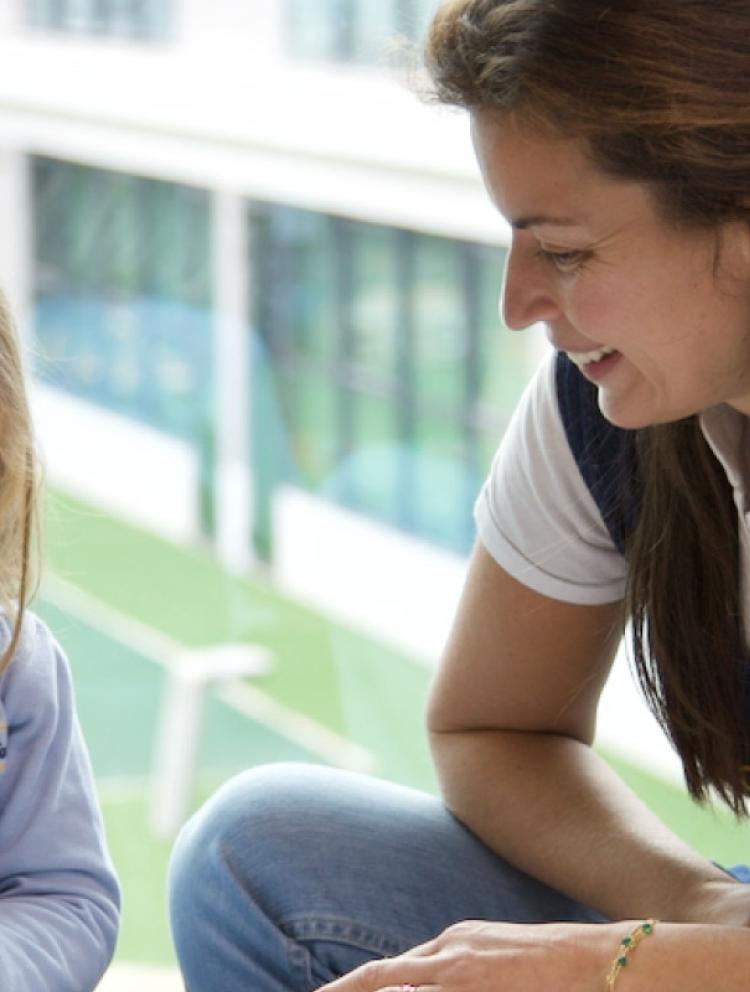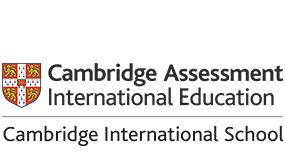The child’s personal rhythm and motivation always shape and influence their learning programme. Each journey is supported by the love and positive reinforcement of our team. Guided by our staff, children gain the confidence and skills to put into practice the knowledge, attitudes and skills acquired holistically.
Early Learning School (1-5 Years)
According to scientific research, children develop their intelligence in the early years. For this reason, at PaRK IS we have created a programme that enables the child to explore and maximise their individual skills, so that they feel ready for the challenges that lie ahead.
Children explore the world around them through the five senses. Throughout this process, children discover new interests, meanings, concepts and realities. The child is an active participant in this process: with play at the centre of the programme, the child has an active role in choosing the activities that interest him/her the most. Children are guided as they gain awareness of their skills and capacities and challenge their comfort zones. We place great importance on individual pace, in order to ensure that we are promoting individual self-esteem at the same time. From early childhood, we provide them with challenges they can understand and relate to while teaching them that their attitude is crucial to their success. The atmosphere and routines are carefully planned and prepared to respond to all developmental stages.

In our Bilingual Stream (available from 1 to 5 years old), children are guided by both a Portuguese teacher and an English teacher during activities and moments of play. Physical Education and Music classes are taught in English - children learn the English language naturally through conversation, play and small challenges. In the 1 and 2-year-olds, children start to have contact with the English language, as we have several weekly activities with English teachers, as well as English teacher assistants who spend time with the children, several times a day.
In our English stream (available from 3 to 5 years old at the Alfragide Campus), children are guided by an English teacher and a teaching assistant, becoming fully immersed in the English language. English language development extends to Physical Education and Music classes. During non-teaching moments, children engage with Portuguese culture and language through interactions with their bilingual peers at lunchtime and during playtime.
Our curriculum is based on five pillars that guide our pedagogical practice:
Relationship
A fundamental axiom of our programme lies in the relationship that children establish with their homeroom teachers. Another fundamental aspect lies in the high variety of stimuli that we provide. These two premises contribute to the development of a child’s cognitive skills. The nature of the child’s relationship with the teachers and support staff, as well as the constant atmosphere of play facilitate a healthy social behaviour as well as motor, cognitive and emotional skills.
The affective relationship we establish with the children and they with us is the basis of everything.
We believe that it is from these positive interactions that the child gives meaning to their learning and feels safe to explore, experience and overcome new challenges.
Environment
At PaRK IS the organisation of the environment is done intentionally. Classrooms are organised by areas of interest , with different resources and materials at the children’s fingertips. The objectives and nature of each area dictate the type of activities that can be performed there. To better organise the space, it is necessary to select the fundamental areas: role-play, visual arts, reading and writing, mathematics, and science. We also have an area for our group meetings and daily routines (attendance tables, guardians of the day, word, number and “I know!” challenges, calendars – month, day and weather –, and enrolment sheets in each one of the corners).
A challenging environment promotes children's motivation for discovery, curiosity and creativity, as well as learning becomes more meaningful. We believe that this environment develops and enhances individual and social skills.
By providing them with different opportunities, children can explore and experience what surrounds them in their daily lives. In this simple way, objects of their everyday life can serve as instruments for acquiring manipulative and cognitive skills, which are fundamental to their development.
Project Work
Project work emerges as an active work methodology, which implies and involves the child in research processes, feeds his/her natural curiosity and promotes the taste for expression and communication, from an early age. A great emphasis is given to the child’s communication and presentation skills – our methodology develops their capacity for argumentation and for explaining their reasoning, thoughts and opinions. In this process, different devices are made available to the child and technology is integrated along the development of the projects as another work tool.
Projects are divided into several stages: first we select a topic; then, we plan how to work it by answering four key questions: What do we know?; What would we like to know?; How are we going to research?; and Which activities would we like to to do?.
After completing the several stages, children materialise their answers to present their learnings and knowledge to parents, peers, or the school community. Children also evaluate the whole process - what went well, what went wrong, what they could have done to make it better.
Positive Discipline
At PaRK IS we follow a positive discipline philosophy to the extent that we live education firmly and lovingly, with the aim of encouraging children to become responsible, respectful, resilient and resourcefully able to solve their lifelong challenges. We believe that the quality of relationships and school environment are absolutely critical to successful student learning. We understand that mistakes are opportunities to learn and misbehaviour is an opportunity to practise critical life skills, while developing a strong understanding of their own influence of their actions on the events of their lives.
Play
All learning and areas are worked through play and playfulness. We believe that playing promotes the "socio-emotional, cognitive, language and self-regulation abilities that build executive function and a prosocial brain” (in “The Power of Play”, Pediatrics magazine). Our classrooms are dynamic spaces where children explore, play, move and learn. The space is organised by areas where children are encouraged to explore, taking resources from one area to the other, creating an interconnection between them all. Adults circulate through the areas of the classroom, guiding, modelling and motivating children for the various discoveries and learnings.












